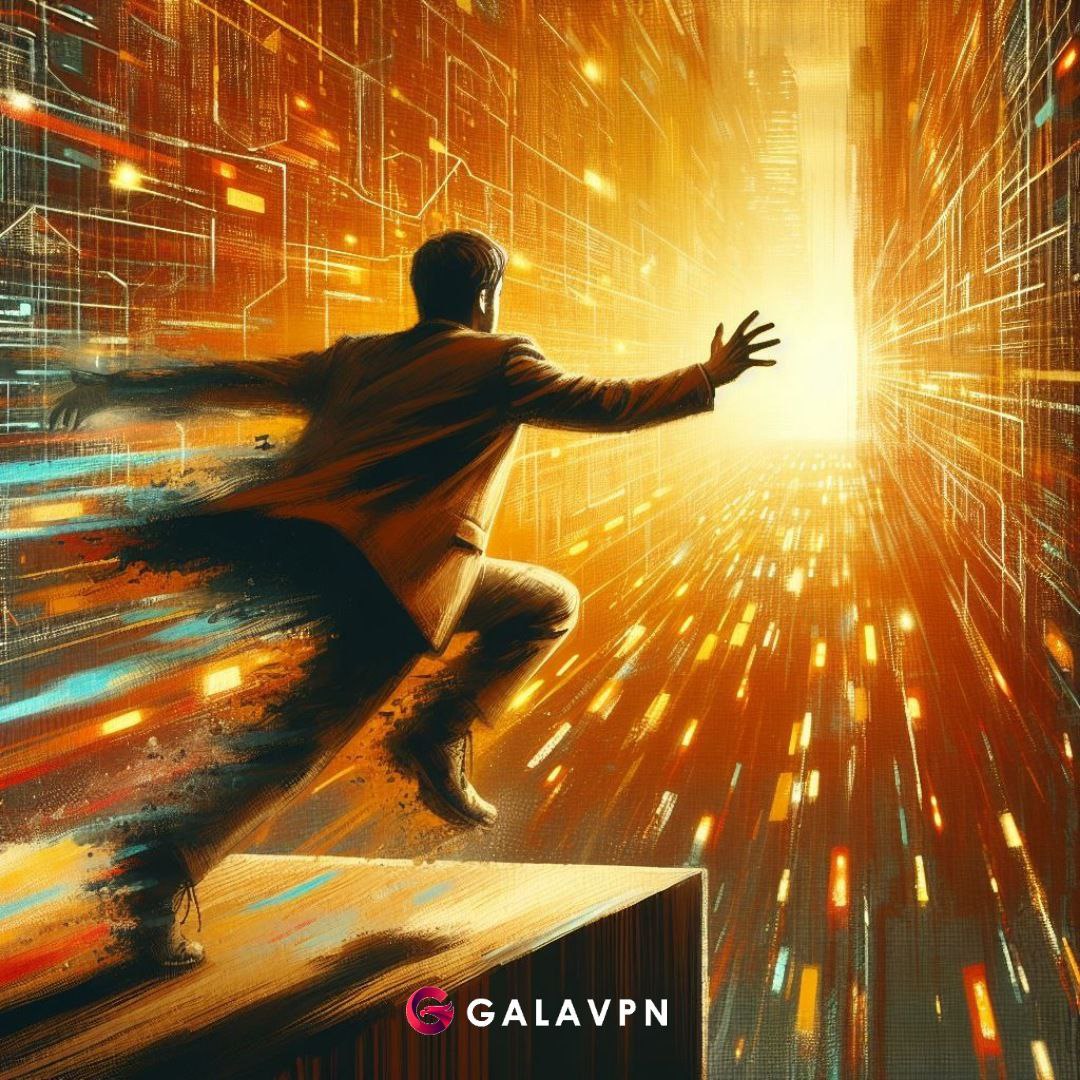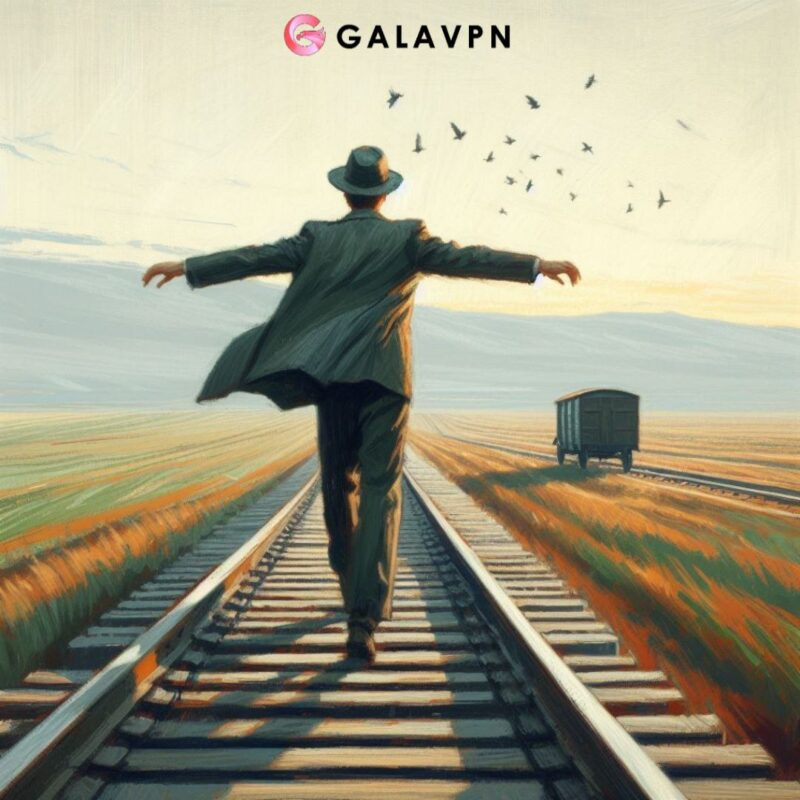“why governments censor the internet?”
In the age of information, the internet stands as a powerful tool for communication, education, and empowerment. Yet, despite its potential to democratize access to knowledge and foster global dialogue, a concerning trend persists: government censorship of the internet. This essay delves into the motivations behind this practice and its far-reaching consequences, highlighting the crucial link between internet freedom and the fundamental right to free expression.
Unveiling the Motives: Why Governments Censor
Governments cite various reasons for restricting internet access and content. Let’s examine some of the most common:
- Maintaining National Security: Governments often invoke national security concerns, arguing that censorship is necessary to combat terrorism, foreign interference, or threats to public safety. While legitimate threats require appropriate responses, broad censorship measures can easily silence legitimate dissent and hinder investigative journalism.
- Preserving Social Stability: Regimes facing internal dissent or unrest may view online platforms as breeding grounds for criticism and mobilization. By censoring oppositional voices and controlling the flow of information, they aim to maintain a semblance of stability, often at the expense of open dialogue and peaceful dissent.
- Protecting Moral Values: Some governments justify censorship based on protecting citizens from “immoral” or “harmful” content, such as pornography, violence, or content deemed offensive to religious or cultural values. However, these justifications can be subjective and discriminatory, eroding individual autonomy and diversity of thought.
- Controlling the Narrative: Authoritarian regimes often manipulate online information to consolidate power and control public perception. This can involve suppressing critical news, promoting government propaganda, and silencing independent voices. By controlling the narrative, they aim to legitimize their rule and limit opportunities for democratic participation.
Beyond Censorship: The Human Cost of Silenced Voices
The consequences of internet censorship extend far beyond restricted access to certain websites or information. Here are some key impacts:
- Erosion of Free Expression: Censorship directly undermines the fundamental right to free expression, silencing critical voices and hindering public discourse. This restricts the open exchange of ideas, essential for a healthy democracy and informed citizenry.
- Hindering Investigative Journalism: By controlling or manipulating online information, governments can impede the work of journalists who hold them accountable. This stifles transparency and hinders the exposure of corruption, human rights abuses, and other crucial issues.
- Limiting Access to Knowledge and Education: When governments restrict access to online resources, they limit opportunities for education, self-empowerment, and cultural exchange. This disproportionately impacts individuals seeking information on sensitive topics or alternative perspectives.
- Silencing Dissent and Stifling Civil Society: Censorship can be used to silence dissenting voices and restrict the activities of civil society organizations. This undermines the ability of citizens to advocate for their rights and hold their governments accountable.
The Fight for Freedom: Taking a Stand Against Censorship
Despite the challenges, individuals and organizations are actively fighting against internet censorship. Here are some ongoing efforts:
- Advocacy and Awareness Campaigns: Raising awareness about the negative impacts of censorship and advocating for internet freedom through campaigns and initiatives is crucial. This includes mobilizing public support and pressuring governments to uphold human rights online.
- Developing Circumvention Tools: Technology plays a vital role in bypassing censorship restrictions. Tools like GalaVPN and Virtual Private Networks (VPNs) can help individuals access blocked websites and information.
- Supporting Independent Media: Independent media outlets play a critical role in providing objective and investigative journalism, often in the face of censorship. Supporting these outlets through funding, subscriptions, and sharing their content is essential.
- Holding Governments Accountable: Monitoring and documenting instances of censorship, and reporting them to international human rights organizations, helps hold governments accountable for their actions.
Conclusion: why governments censor the internet
The internet’s potential as a tool for empowerment and progress hinges on upholding its core principle: freedom. By recognizing the detrimental effects of government censorship and actively supporting efforts to fight against it, we can ensure that the internet remains a space for open dialogue, diverse perspectives, and the unfettered flow of information. Ultimately, protecting our digital rights is vital for safeguarding our fundamental freedoms and building a more informed, just, and democratic world.



I bought from Gala VPN and deposited money and the support is not responsive and no one is answering me
Dear Sadegh , Please contact our support through Telegram or Twitter . We will help you soon 🙂